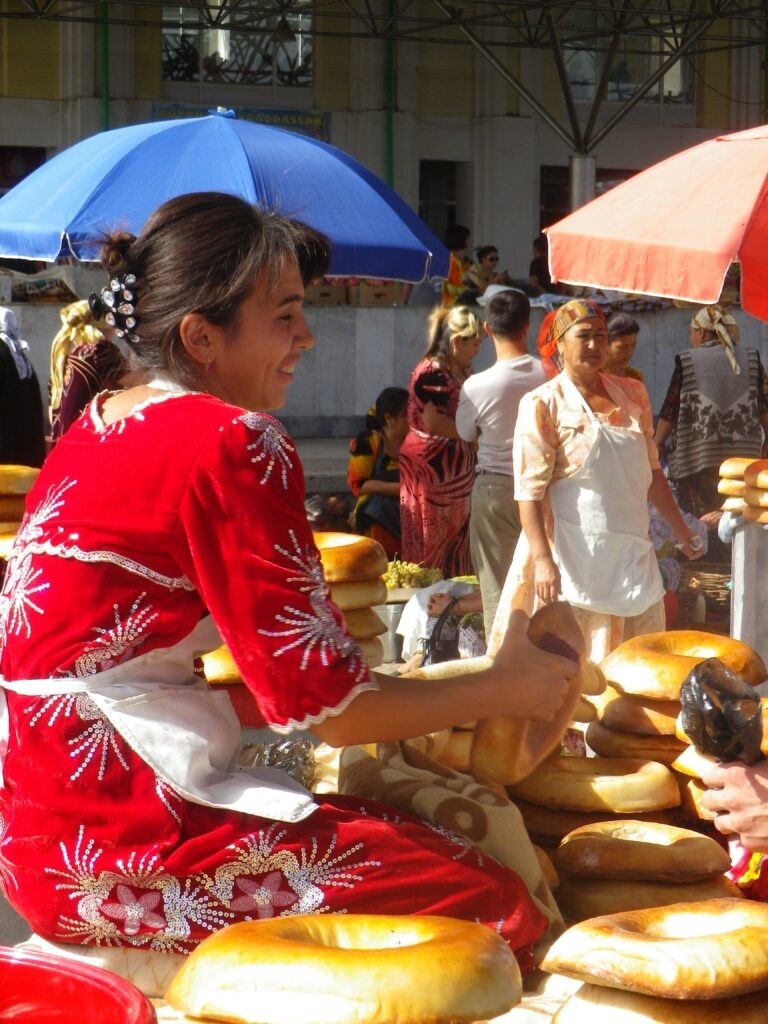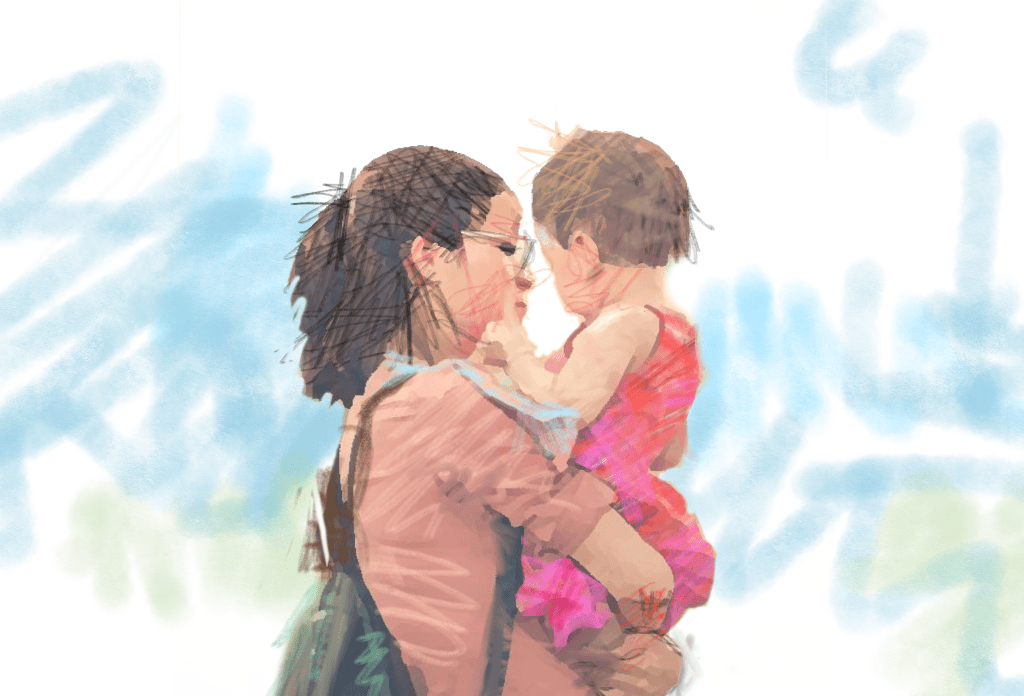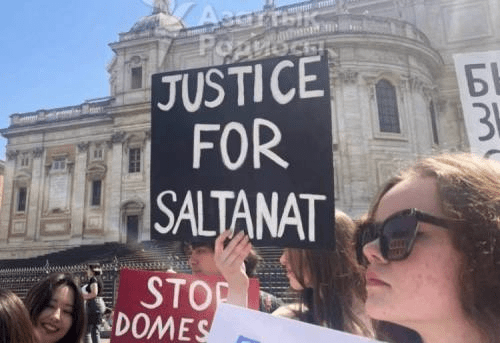Central Asia’s Scorecard on Women’s Rights and Welfare
Women's rights differ significantly around the world, with progress varying greatly from one country to another. Some states have advanced gender equality significantly through strong legal systems and policies while others are hindered by cultural norms and a lack of political commitment. In Central Asia, each of the young nations has shown a different level of progress on women's rights and welfare, which requires consideration in individual, regional and global contexts. Kazakhstan’s new and comprehensive law on strengthening protections for women and children’s rights, adopted on April 15 to international fanfare, highlighted the larger issue of women’s status in Central Asia. The legislation was driven by a 2023 Presidential Decree for a Human Rights Action Plan that brought Kazakhstan in compliance with OECD standards. Another piece of relatively recent positive news from the region came in April 2023 when Uzbekistan’s parliament passed new legislation specifying domestic violence as a criminal offense under the law and strengthening 2019 provisions that indirectly address domestic violence. Yet even when there are laws in place to protect women, ensuring their implementation remains critical. For this to happen, laws should first clearly define what constitutes domestic violence so that crimes can be classified and prosecuted as such. As a benchmark, OECD standards close gaps in legally prosecuting such violence by encompassing this classification to include domestic violence against women and children. Kazakhstan has conformed to this norm in its new legislation and thus holds the best practice in the region. Furthermore, to facilitate enforcement and implementation, Kazakhstan’s recent efforts include placing women in key administerial positions in the police force dealing with violent crimes against women. At a larger scale, the country’s Family and Gender Policy foresees increasing the share of women at decision-making levels across the public and private sectors to 30%. Backing this narrative on Kazakhstan’s upward trajectory from a cultural and social perspective, UNDP’s Gender Social Norms Index Report in 2023 found that Kazakhstan has the lowest levels of gender bias in the region (and incidentally was ranked above the United States in the Gender Inequality Index, which utilized 2021 data as shown below). The World Economic Forum’s Global Gender Gap Report 2023 also shows significant progress in women’s empowerment in Kazakhstan, which jumped 18 positions in one year to 62nd place globally, particularly through eliminating gender gaps in education levels and increasing women’s political and economic participation. Two other Central Asian countries have some form of legislation concerning domestic violence against women on paper, but progress on their implementation has not always been encouraging. Kyrgyzstan, for instance, adopted legislation on domestic violence in 2003 as well as a new law on this issue in 2017, which has strengthened protection for victims and sought to improve enforcement mechanisms. But according to reports, the legislation has proven difficult to enforce, and perpetrators may still avoid punishment. In 2013, Tajikistan also passed a law that specifically addressed domestic violence and included measures for its prevention, protection, and punishment. This, too, appears to...






